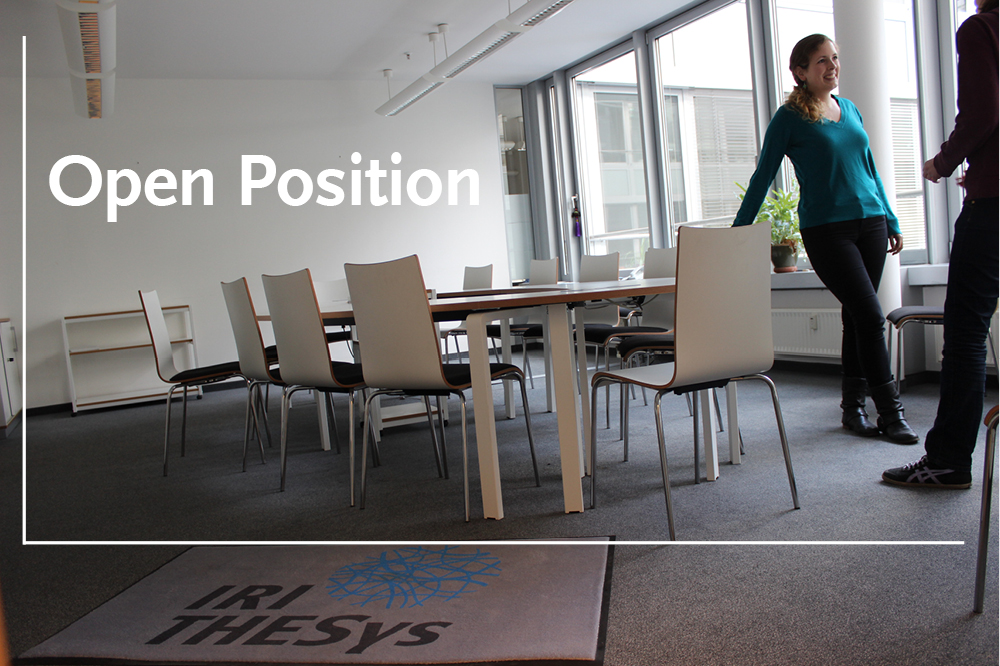
As member of a global network of 126 researchers, THESys researcher Delphine Deryng co-authored a paper on climate change adaptation published in “Nature Climate Change” on October 28, 2021. The study includes the most systematic and comprehensive assessment of implemented human adaptation to climate change to date.
“Our results provide a warning call”
As society experiences increasingly frequent and severe natural hazard events and environmental stressors—while making little progress at reducing carbon emissions—the need to adapt to the changing climate has become starkly clear. But what actions are we taking to adapt to climate change around the world—and how successful are our efforts? A global network of 126 researchers sought to answer those questions, producing the most systematic and comprehensive assessment of implemented human adaptation to climate change to date.
For the study, titled “A systematic global stocktake of evidence on human adaptation to climate change”, the researchers involved screened more than 48,000 research articles, among other things, to identify who, where, and how people are engaging in adaptation.
In doing so, they found that that adaptation, as documented in the scientific literature, is mostly fragmented and incremental, undertaken primarily by individuals and households, rather than comprehensive and coherent efforts by communities and institutions.
Lead author Lea Berrang Ford (University of Leed) said: “Our results provide a warning call: we found very little evidence of widespread and rapid preparedness at a scale that we think is likely to be adequate to avoid severe climate impacts.”
Adaptation to climate change has to be more than business as usual
Drilling down on the specific findings of the study, the researchers noted that behavioral adjustments by individuals and households are more prevalent than any other type of response, largely motivated by drought and precipitation variability. Local governments and civil society are engaging in risk reduction across all sectors and regions, particularly in response to flooding. Urban technological and infrastructural adaptations to flood risk are prevalent in Europe, while shifts in farming practices dominate reporting from Africa and Asia.
Despite increasing evidence of adaptation responses, however, co-author A.R. Siders (University of Delaware) notes that the study found very little evidence that current adaptation efforts actually reduced risk.
“I am encouraged by how much adaptation we found—the idea that people, communities, and nations are taking action across a wide range of hazards and sectors is encouraging,” said Siders. “At the same time, I was surprised by how incremental that adaptation is: how much of it looks like business as usual. In this paper, we didn’t assess whether current adaptation is sufficient to deal with climate change, but I think the fact that so much adaptation was incremental should raise concerns and should inspire us to make assessing adaptation a priority.”
Publication
Berrang-Ford, L., Siders, A.R., Lesnikowski, A. et al. A systematic global stocktake of evidence on human adaptation to climate change. Nat. Clim. Chang. 11, 989–1000 (2021).
https://doi.org/10.1038/s41558-021-01170-y
photo credits: Gerd Altmann on pixabay








